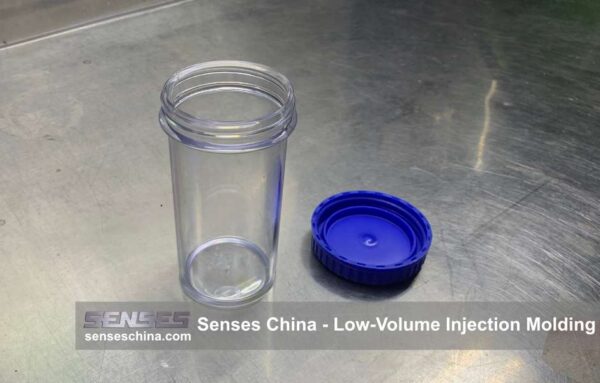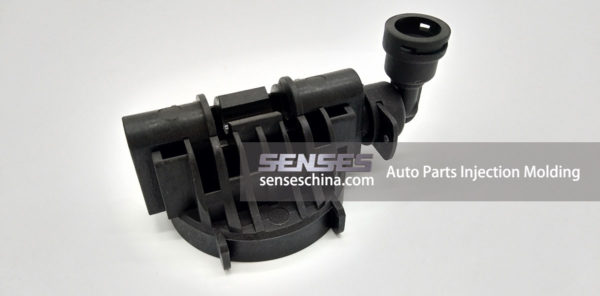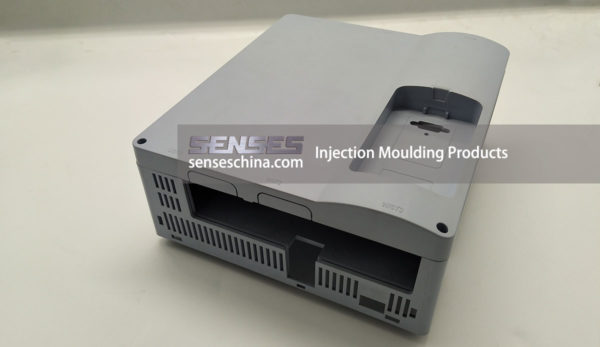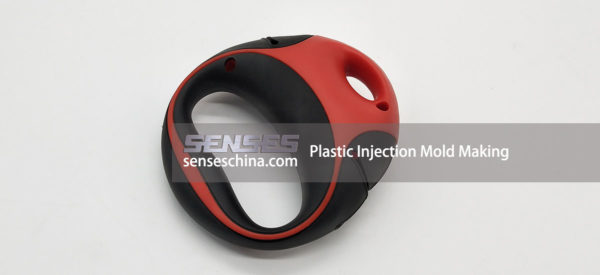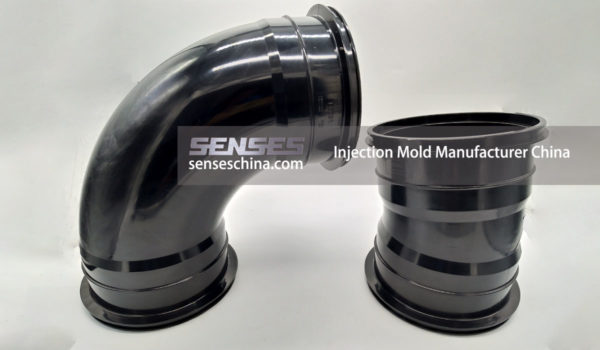Polycarbonate is a high-performance thermoplastic polymer notable for its exceptional clarity, impact resistance, and thermal stability. It is a type of plastic that is easily molded and thermoformed, making it ideal for a wide range of applications. Polycarbonate’s unique molecular structure, comprising bisphenol A (BPA) and carbonate groups, grants it both flexibility and strength.
The Origin of Polycarbonate
Polycarbonate is a type of thermoplastic that was developed in the middle of the 20th century. Its discovery and development were part of the broader search for new plastics that could combine high strength with lightweight and clear, glass-like properties.
The development of polycarbonates began in the 1890s. However, the early forms of polycarbonate were not particularly useful for industrial applications due to their limited characteristics.
The breakthrough in developing commercially viable polycarbonate came in the 1950s. Researchers at Bayer in Germany and General Electric in the United States independently synthesized the first commercially successful polycarbonate. Bayer’s Dr. Hermann Schnell and GE’s Dr. Daniel Fox are both credited with this achievement, having made their discoveries around the same time but independently of each other.
What is Polycarbonate Injection Molding?
Polycarbonate injection molding is a manufacturing process that involves melting polycarbonate granules and injecting them into a mold at high pressure. Once cooled and solidified, the product retains the strength and clarity characteristic of polycarbonate.
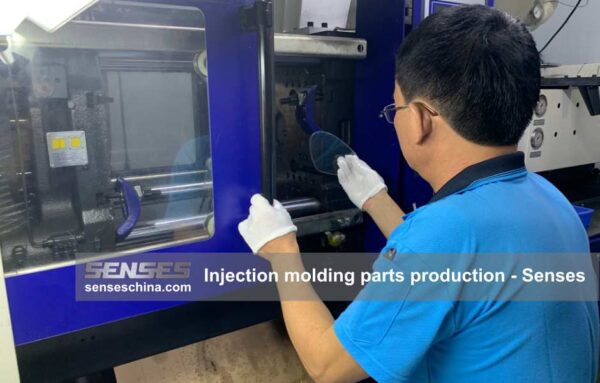
The Benefits of Using Polycarbonate in Injection Molding
Polycarbonate is widely used in injection molding for several key reasons that make it an ideal material for a vast range of applications. These reasons include:

- Transparency and Optical Clarity: Polycarbonate is highly transparent and can be made as clear as glass, making it suitable for applications where visibility is essential, such as in automotive lighting, eyewear, and transparent covers for electronic devices.
- Lightweight: Despite its strength, polycarbonate is relatively lightweight compared to materials with similar properties, such as glass. This makes it advantageous for applications where reducing weight is essential, like in automotive and aerospace components.
- Chemical Resistance: It has good resistance to many chemicals, including certain acids and oils, which makes it suitable for use in harsh environments or in applications that involve exposure to chemicals.
- High Impact Resistance: Polycarbonate is incredibly tough. It can withstand significant force or impact without cracking or breaking, making it ideal for products that must endure high-stress conditions or accidental impacts.
- Durability and Longevity: Products made from polycarbonate tend to have a long life due to the material’s durability, resistance to wear and tear, and maintenance of properties over time.
- Thermal Resistance: Polycarbonate can withstand extreme temperatures without degrading. This thermal resistance is crucial in applications exposed to high temperatures or where thermal stability is a requirement.
Applications of Polycarbonate in Injection Molding
Due to its unique properties, polycarbonate is used in a wide array of industries. Some common applications include:
Automotive Components:
Polycarbonate’s heat resistance and durability make it ideal for automotive parts like headlamp lenses and bumpers.
Medical Devices:
Its clarity and sterilizability are essential for medical applications such as surgical instruments and disposable syringes.
Consumer Electronics:
The material’s impact resistance and transparency are perfect for smartphone cases, computer components, and other electronic devices.
Construction Materials:
Polycarbonate’s strength and thermal insulation properties are utilized in roofing, glazing, and soundproofing panels.
Senses Polycarbonate Injection Molding Service
Senses is an ISO 9001:2015 certified plastic injection molding company, offering a comprehensive array of services including mold and part design, prototyping, small-batch production, and full-scale manufacturing. We serve a diverse range of industries, encompassing automotive, medical, and consumer electronics. Our focus is on ensuring each product we deliver meets the highest standards of quality and functionality.
For personalized solutions and expert consultation, reach out to us today at info@senseschina.com.

